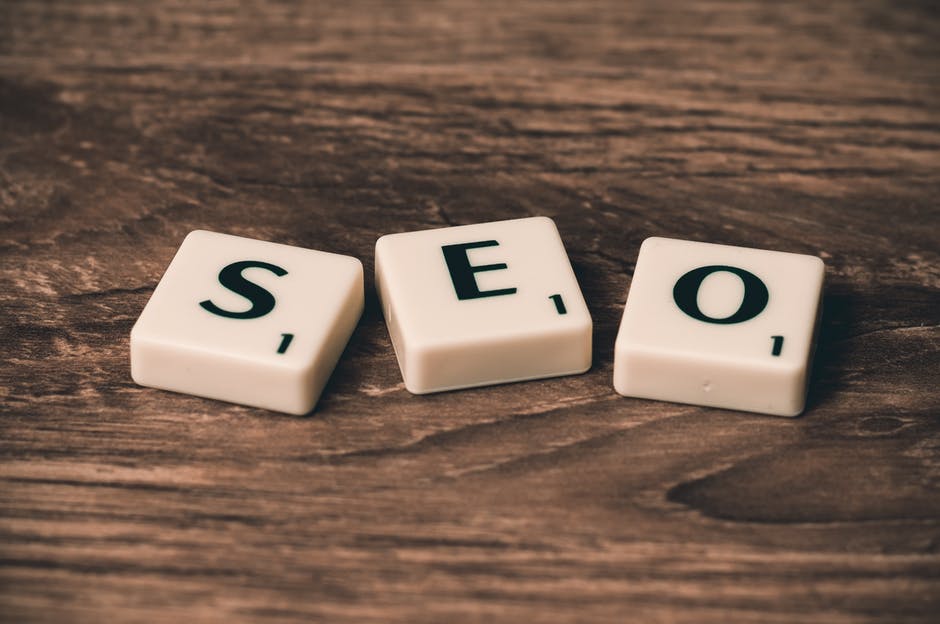
About half of the consumers who conduct a local search on their smartphones will visit a business listed in their search engine results within 24 hours.
Furthermore, about 85% of consumers say that they use online listings, company websites, and other information on the Internet to find local businesses that have what they need.
The takeaway here?
Local SEO is one of the most important elements of your overall digital marketing strategy.
But what is local SEO, and what are the most effective ways to get your website as high up as possible in the search engine rankings? Keep on reading this post to find out.
Let's begin by answering the most essential question of all: What is local SEO?
"SEO" stands for "search engine optimization," which means the efforts you make online to ensure that your website ranks as high as possible in the search engine results for the specific keywords you're targeting.
In brief, the goal of SEO is to get your website content/company information in front of the eyes of consumers who are the most likely to make a purchase, book an appointment for a service, or take some kind of action on your website.
Local SEO, therefore, is the process of perfecting your overall SEO strategy so that it focuses on your local market in particular. Your local market, especially if you're a small or service-based business, can often account for the majority of your business.
After all, people aren't exactly going to hire house painters from three states away or drive 6 hours to go to the dentist's office.
Now that you have a better understanding of what local search SEO is, let's talk about some of the most effective ways to connect with your local market.
Learn more about online business listings/directories, how to choose the right keywords, the importance of Google Maps, and the newer concept of hyperlocalization.
Recent studies show that over 90% of consumers read online reviews about a company, and over 80% of consumers trust these online reviews as much as recommendations from family members and friends.
That's why it's so essential that you go a step beyond developing a testimonial page for your website and claim your business's third-party review site listings. This means you need to complete your company's profile on sites like Google My Business, Yelp, Angi, and much more.
Remember: if you don't claim your listings, your competitors can claim them for you.
You should also include as much information as possible on these listings. Photos of your storefront, nearby transit options, your opening/closing hours, your methods of accepted payment, and a brief summary of what your business does are all essential things to post on your third-party listing page.
In addition to third-party review sites, make sure you also submit your website to local online business directories.
In order to boost your local search engine optimization score, you also need to select the right location-based keywords to include in your blog/website content.
These keywords should include your city's name, your state, the name of your neighborhood, and more.
For example, strong location-based keyword options could include things like "best pediatrician Charlotte NC" or even "office supply store near me."
Don't be afraid to use longer location-based keyword phrases in your content, in order to optimize for voice search. These longer voice search location-based keyword phrases should often be posed in the form of questions, like "What are the best flower shops in Baltimore, Maryland?" or "Are there 24-hour laundromats near me?"
Remember that not everyone will search for local business information on desktop computers -- in fact, most people now conduct their online searches with a mobile device, leading to Google's adoption of a "mobile-first" search engine algorithm.
So, many consumers will already be "on-the-go" when they conduct a local search on their mobile devices.
By having a Google Map on your website, you ensure that local consumers can get directions sent to their mobile devices when they're on the road, looking for the services or goods that your business sells.
For proof, think about how many times you've searched for nearby gas stations, restaurants/grocery stores, hotels, and more while in your car.
In addition to including a Google Map on every internal page of your website, you should also be certain to list your business's NAP -- name, address, and phone number.
Local SEO is constantly evolving, and the latest iteration is "hyperlocal" SEO.
While location-based keywords that reference the city and state in which you do business are important, you also need to take things to the next level -- the hyperlocal level.
This means including the name of your neighborhood, nearby landmarks, your street name, other nearby local businesses, and even making reference to local festivals and events in your keyword phrases.
Thanks to this post, not only are you able to answer the question, "What is local SEO?" you also have some great ideas about how to develop/improve your company's local SEO strategy.
The only issue?
Between meeting with clients, training new hires, and handling everything else at your business, you don't have the time to put these ideas into practice. You need to hire an expert who does, and you're interested in tapping into the power of the freelance market.
We're here to help make that happen.
Check out our freelancer listings to find exactly the kind of local SEO/digital marketing expert you've been looking for, and get ready to outrank your competitors and increase your conversions.